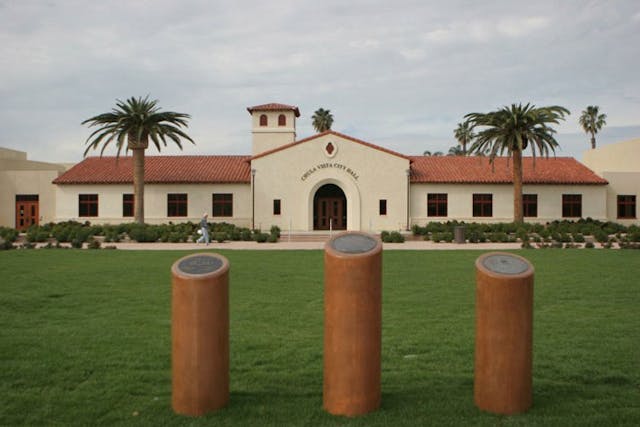Social Scientists’ Brief with Supreme Court Sheds New Light on Diversity
Commentary:
By Eva Paterson
Equal Justice Society
On August 13, the Equal Justice Society, the law firm of Wilson Sonsini Goodrich & Rosati, and the Haas Diversity Research Center at the University of California, Berkeley, submitted an amicus brief to the U.S. Supreme Court on behalf of 13 of the country’s leading social scientists in the Fisher v. University of Texas at Austin, urging the Court to uphold modest race-conscious admissions policies.
The brief cites studies, provided to the Supreme Court for the first time, showing that race-conscious admissions policies such as those used by the University of Texas at Austin result in a more diverse student body, which is essential to produce leaders able to compete in the 21st century global marketplace. The brief also explains how structural barriers inhibit educational opportunity.
Social science research offers a deeper understanding of why diversity is even more crucial to academic achievement and civic engagement than previously understood. Studies show how diversity improves academic performance, reduces prejudice, lowers stress and psychological barriers, and has broad positive effects on workforce development.
Social Science, Better Students, and American Achievement
Among the research demonstrating how diversity improves workforce development, one study shows that diversity leads to innovation because groups collaborate more when they recognize that alternative perspectives exist, leading to novel insights and solutions. This was among the findings in a study led by Dr. Katherine W. Phillips, the Paul Calello Professor of Leadership and Ethics at Columbia Business School. The inclusion of diverse viewpoints in decision-making leads to creativity and efficiency in how group members work together.
Another study reveals that when people of color are part of a multiracial group, it can lead to divergent thinking, more creativity, and more accurate judgments. Diverse environments can also lead White individuals to “exhibit more thorough information processing,” found a study led by Dr. Samuel R. Sommers, Associate Professor of Psychology at Tufts University.
Research by Dr. Patricia Gurin at the University of Michigan concludes that extensive and meaningful interracial interaction enhances education outcomes. Her study showed higher levels of intellectual engagement and academic skills for White, Black, Latino, and Asian students, based on data collected from more than 11,000 students across 184 institutions.
The brief also cites an analysis of more than 200 studies revealing that continued contact with people from other ethnic backgrounds reduces prejudice. The analysis by Dr. Thomas F. Pettigrew and Dr. Linda R. Tropp indicates that interracial interactions over time reduce anxiety and other negative emotional responses.
Why the Fisher Case is So Important
The Fisher case was brought by a White student who challenges her denial of admission to UT in 2008 under an admissions policy that considers many different criteria, including: leadership qualities, extracurricular activities, awards, work experience, community service, family and school socio-economic status, and race. UT’s policy takes into consideration the race environment background of any applicant, including a White student, based on his or her unique life experience.
After Fisher filed her lawsuit in 2008, a federal judge ruled against her in 2009. On appeal, the U.S. Court of Appeals for the 5thCircuit last year unanimously ruled against Fisher and upheld the constitutionality of UT’s admissions policy, saying it is consistent with the Supreme Court’s Grutter decision that diversity is a compelling interest for public universities and that race can be used as a factor in admissions. Fisher appealed to the Supreme Court, which will hear arguments in October 2012.
By challenging UT’s admissions policy, the Fisher case attacks the Supreme Court’s bedrock constitutional holding that the educational benefits of a diverse student body are a compelling interest that colleges and universities may pursue through narrowly tailored, equal opportunity policies.
For more information on the Fisher case, visit http://equaljusticesociety.org/fisher. Follow EJS at http://twitter.com/equaljustice.
Civil rights attorney Eva Paterson is President of the Equal Justice Society. Reprinted from the California Progressive Report (http://www.californiaprogressreport.com/site/)



 Arturo Castañares
Arturo Castañares


